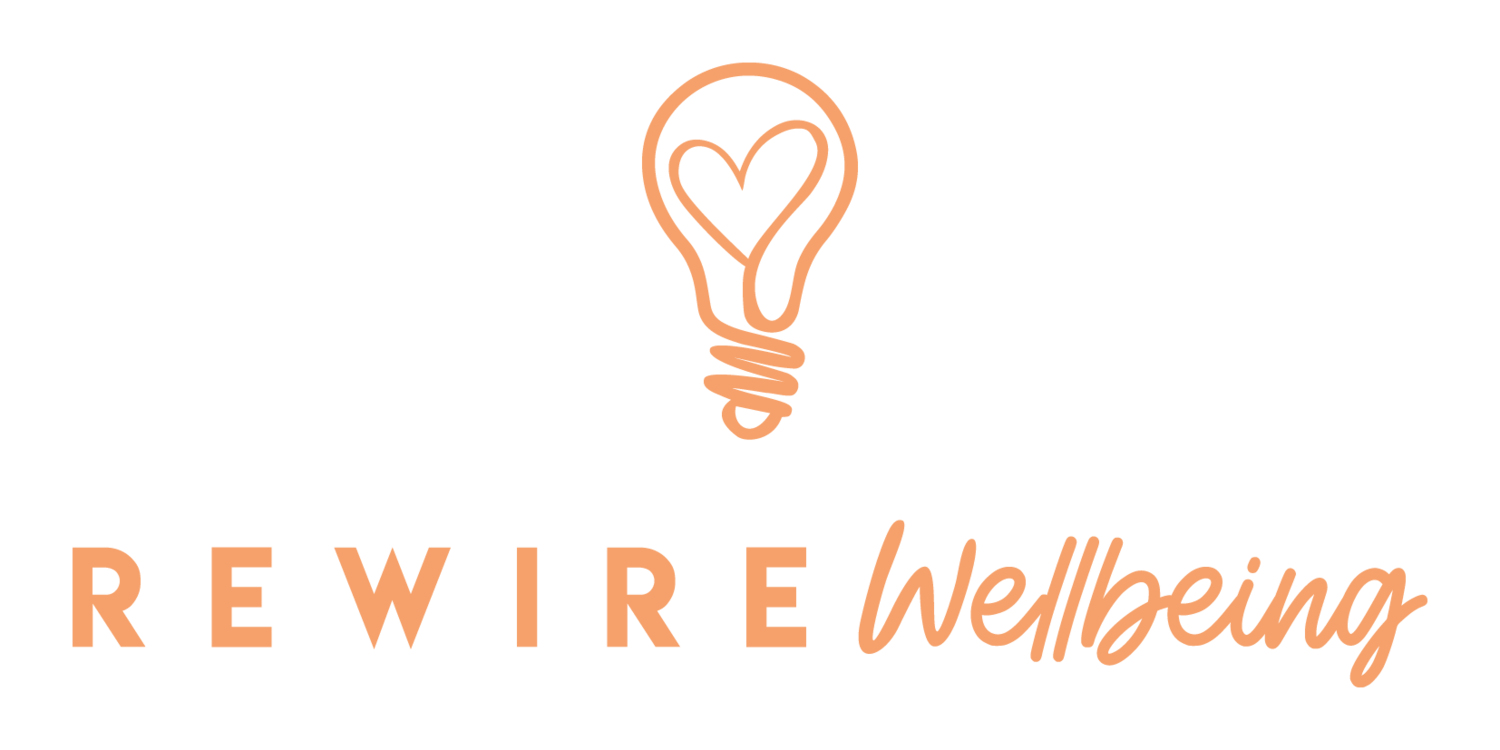Finding it hard to get quality sleep? Here’s how to break the cycle
Although the words are often used interchangeably, feeling tired is not the same as fatigue. Just ask anyone with Chronic Fatigue Syndrome (CFS).
One of the main symptoms of CFS is a strong feeling of fatigue and exhaustion that doesn't go away after rest. It tends to be worse after activity (physical or mental), and people with fatigue will generally need to take naps in the day and sleep for longer periods than others. It's common that they will sleep poorly and, even after many hours of sleep, tend not to feel refreshed when they wake up.
Why good quality sleep is important for recovery
If you feel tired but are finding it hard to get to sleep or waking up often during the night, this can impact the quality of your sleep. For people with CFS, poor sleep can make the feelings of fatigue even worse; making it harder to focus, increasing moodiness or irritability, and heightening sensitivity to pain.
We know how important sleep is to allow your body to rest and recover; it strengthens the immune system and enables our bodies to rebalance and replenish. It's incredibly important for general health, and even more so for healing and recovery.
If you are seeking help with your sleep, most advice will look to sleep hygiene. I'm sure you've already heard the tips and tricks; set a good routine, reduce screen time 1-2 hours before bed, eat earlier, don't drink coffee...etc. However, if you have fatigue, you’ve likely attempted all of these (and more!) and are left wondering what you have to do to get that deep, refreshing sleep.
Why does deep sleep allude people with CFS?
To understand why deep sleep alludes people with CFS, we have to look deeper at what is happening in our brains and our bodies, in particular, the all-important role of the nervous system. It's the master communication system, sending information from our brain to our body and vice versa. It's in charge of our senses, thoughts and feelings, alongside basic body functions like breathing, movement and responding to an emergency.
If we look at what is going on in our heads before bed, we can start to shine a light on what might be getting in the way of a good night's sleep.
Going to sleep with thoughts and fears; 'this illness is unbearable' 'I can't do the things I want', 'how long will this last', 'what if I never recover', can fuel our body into the physical emergency response (PER), often called the stress response. It is a physiological reaction to the perception of threat that stimulates the sympathetic nervous system, releasing specific hormones and changing the functioning of the body's systems.
You may have heard of it as the 'fight or flight' response. This natural response is designed for the short-term, and exists to keep you safe, providing amazing bursts of strength to get you out of danger. However, prolonged stimulation of this stress response compromises your body’s other systems and wreaks havoc with sleep, the immune system, digestion, clear thinking and general mood. When we are in this state, we are not engaging the para-sympathetic nervous system, known as the 'rest and digest'.
So, how can you get that deep sleep?
What can you do to switch into that para-sympathetic state and get good quality sleep?
To switch into the state required for a good night’s sleep, the first part is to focus on relaxation to calm the body and the mind. Look to things like: deep breathing, meditation, visualisation, muscle relaxation exercises, and hypnosis.
1. Breathing: The breath is amazingly important unconscious mechanism in the body. Brining awareness to self-regulate our breath can calm our system down. Try taking slow deep breaths; 4 seconds in, hold, 4 seconds out and repeat.
2. Visualisation: Create a mental image of a calming place for you. Bring this into your mind whilst focusing on the details of what you see, the colours, the sounds etc. and notice how that feels.
3. Take your thoughts somewhere positive: Notice and reflect on the best parts of the day (from the biggest to the smallest things). These positive thoughts will have a calming influence on your nervous system. It’s the opposite effect to ruminating on stressful event of the past or predicted future.
Treat yourself with care
One way to approach bedtime is to think about how you would send a baby off to sleep. You would quieten things down and dim the light, you would wrap them up warm and ensure they felt safe and secure. You might sing them a lullaby or read a bedtime story to send them to a place of happiness and calm as they drift off to sleep.
Treat your body as you would take care of a baby you love and cherish. We know that self-care and compassion are fundamental to good health and healing.
Break the chronic activation of PER altogether
What's common in chronic illness is a sustained activation of the body's PER. For many of us, this 'high-alert' response has become the norm, so we don't even realise when it is being activated.
Rebalancing the body's PER is considered to be vital for improving chronic health conditions. The Lightning Process does this by teaching you how to spot when the PER is happening and calm this response down, allowing your body to rebalance and heal itself.
If you are ready for a change, to set yourself up for that deep, refreshing sleep we all need, reach out to Rewire to find out more.

